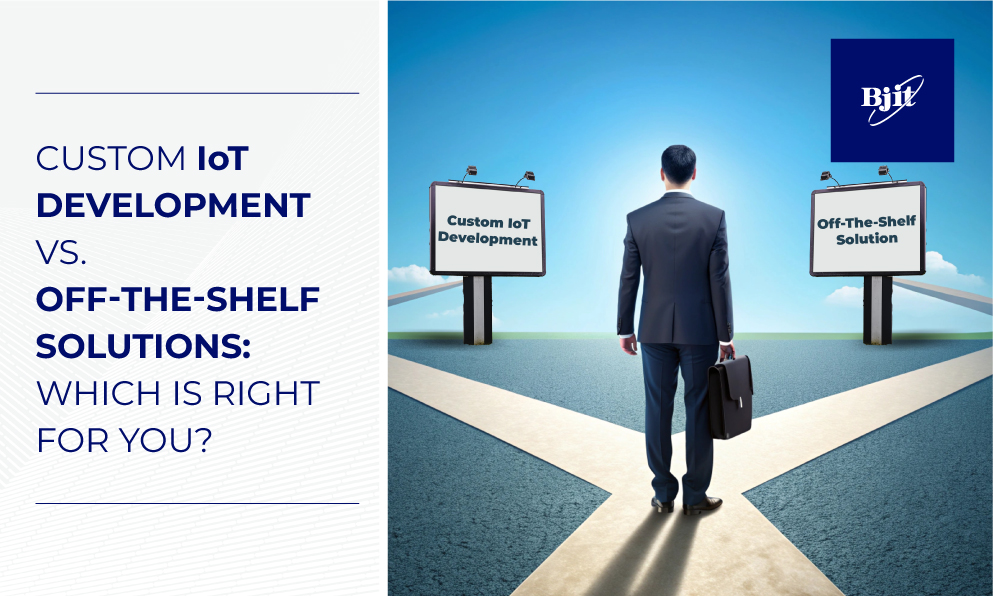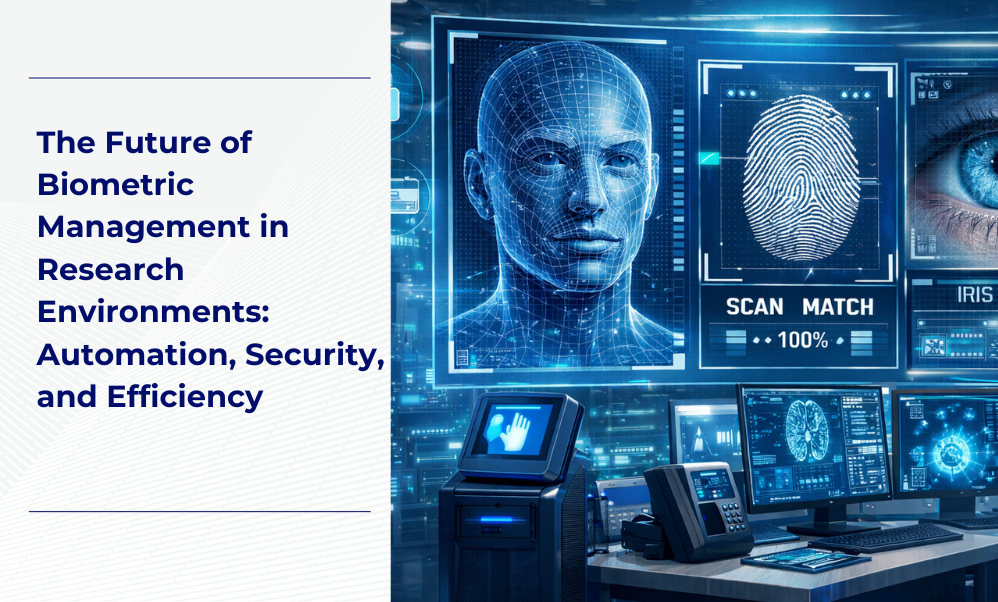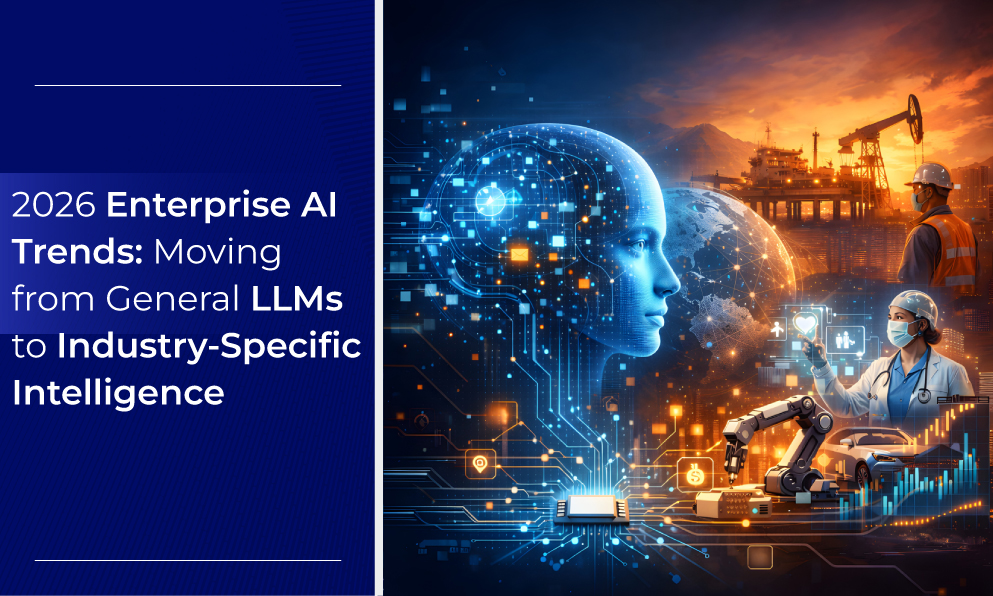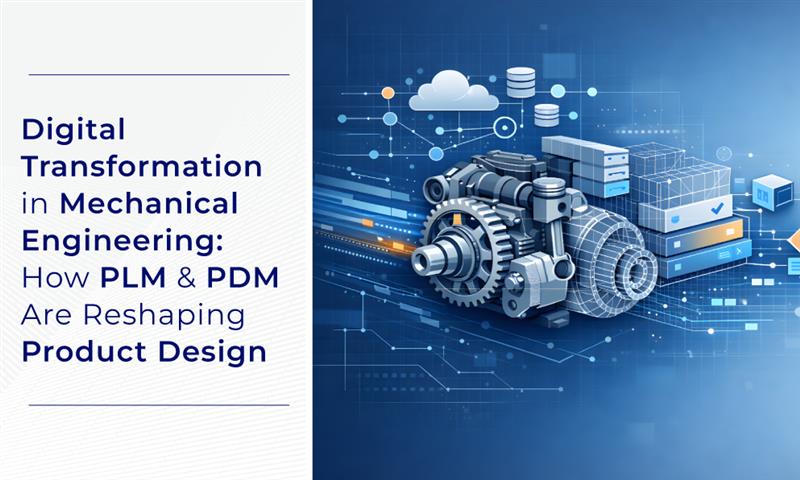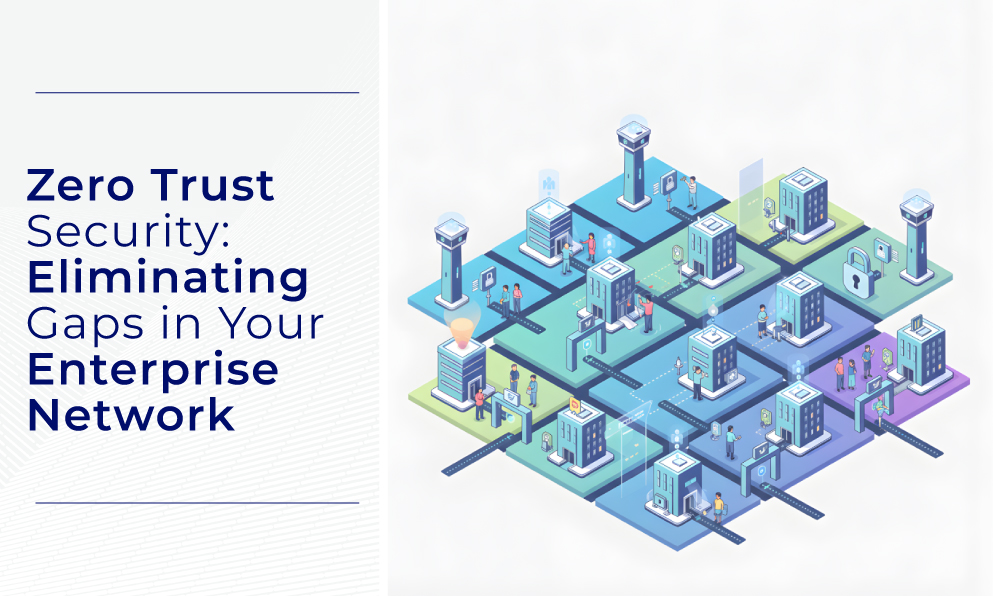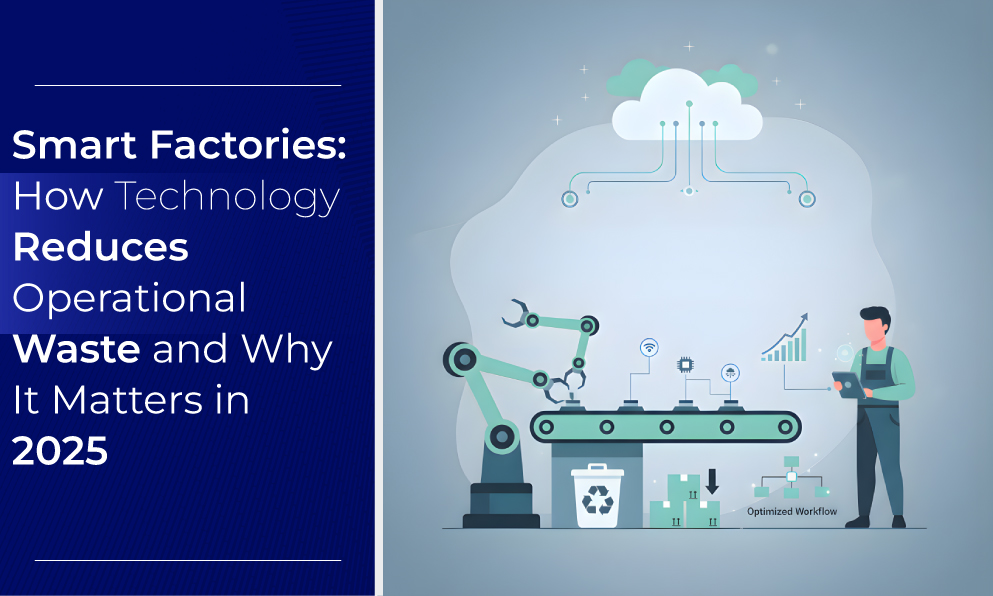Machine learning (ML) continues to revolutionize the way industries operate, solve problems, and innovate. As we step into 2025, understanding the foundations and trends in machine learning becomes crucial for staying ahead in this dynamic field. From cutting-edge research to real-world applications, ML is shaping the future with unprecedented speed. Whether you’re a tech enthusiast, a business leader, or a curious learner, this guide will walk you through the latest advancements and trends defining machine learning today and beyond.
At BJIT, a global leader in software development, we’ve been at the forefront of this revolution. Our machine-learning projects and services have empowered clients across industries to achieve scalability, efficiency, and innovation. From predictive analytics to intelligent automation, BJIT’s expertise continues to make a significant impact.
Key Foundations And Trends In Machine Learning
1. The Pillars of Machine Learning
At its core, machine learning builds on foundational techniques such as:
- Supervised Learning: Teaching machines to make predictions using labeled data.
- Unsupervised Learning: Extracting patterns from unlabeled datasets.
- Reinforcement Learning: Optimizing decision-making by rewarding desired outcomes.
- Deep Learning: Leveraging multi-layered neural networks for tasks like image and speech recognition.
These pillars form the backbone of ML systems, enabling innovations from self-driving cars to personalized healthcare.
2. The Role of Big Data
Machine learning thrives on data, and by 2025, the availability of massive datasets will unlock more sophisticated algorithms. Techniques like data augmentation and synthetic data generation are pushing boundaries, allowing models to learn from diverse and realistic datasets while addressing biases and gaps in traditional data sources.
At BJIT, we specialize in building ML models that effectively leverage big data. Our solutions are designed to process complex datasets, delivering insights that drive better decision-making for businesses worldwide.
Emerging Trends in Machine Learning 2025
1. Ethical AI and Explainability
As machine learning becomes more integrated into critical decision-making processes, ethical considerations are paramount. Explainable AI (XAI) is emerging as a key trend, offering insights into how models make decisions and ensuring transparency for users.
Key developments include:
- Model Interpretability: Techniques like SHAP (Shapley Additive exPlanations) and LIME (Local Interpretable Model-agnostic Explanations) are making black-box models more understandable.
- Bias Mitigation: Algorithms are being designed to minimize biases in training data and decision-making processes.
At BJIT, we are committed to delivering ethical AI solutions. Our machine-learning projects prioritize transparency and fairness, ensuring that our clients’ systems are both practical and trustworthy.
2. Integration with IoT and Edge Computing
The fusion of machine learning with IoT devices and edge computing is reshaping industries. By processing data locally, edge AI reduces latency and enhances real-time decision-making. Use cases include:
- Smart Cities: Optimizing traffic flow and energy usage.
- Healthcare: Enabling real-time diagnostics through wearable devices.
BJIT has been instrumental in implementing IoT and edge AI solutions. Our projects include innovative factory systems and IoT-based monitoring tools that streamline operations and improve efficiency.
3. Foundation Models and Transfer Learning
Foundation models, such as OpenAI’s GPT series, are gaining traction because they can perform multiple tasks with minimal fine-tuning. These pre-trained models significantly reduce the time and resources required for deploying ML solutions across domains.
BJIT’s machine learning services harness the power of foundation models to deliver customized solutions. Whether it’s NLP applications or computer vision systems, we help businesses unlock the full potential of these advanced tools.
4. Sustainability in Machine Learning
The environmental impact of training large-scale ML models is driving the trend toward green AI. Innovations like energy-efficient algorithms and carbon-neutral data centers are setting new standards for sustainable machine-learning practices.
BJIT is aligned with these goals, developing energy-efficient ML solutions that reduce computational costs without compromising performance.
5. Enhanced Natural Language Processing (NLP)
In 2025, NLP is evolving with breakthroughs in sentiment analysis, conversational AI, and multilingual translation. Foundation models are being fine-tuned for specific applications, from personalized customer support to content moderation.
Our NLP projects at BJIT have delivered transformative results for clients, including advanced chatbots and sentiment analysis systems tailored to specific industries.
Practical Applications Across Industries
1. Healthcare
Machine learning is transforming healthcare through the following:
- Predictive Analytics: Anticipating patient outcomes and treatment responses.
- Medical Imaging: Enhancing diagnostics with AI-powered image analysis.
BJIT’s healthcare-focused ML solutions include AI-driven diagnostics and patient management systems, improving both efficiency and patient care outcomes.
2. Finance
ML algorithms optimize financial operations by:
- Fraud Detection: Identifying unusual patterns in transactions.
- Portfolio Management: Tailoring investment strategies using predictive analytics.
Our work with financial institutions has enabled secure and scalable ML systems for fraud prevention and risk analysis.
3. Retail and E-commerce
From personalized recommendations to inventory management, ML is driving efficiency and customer satisfaction in retail sectors worldwide.
BJIT has developed ML-powered recommendation engines and demand forecasting tools that help retailers adapt to changing consumer preferences.
FAQs: The Foundations and Trends in Machine Learning
Q1. What are the foundations of machine learning?
Answer: The foundations of machine learning include supervised learning, unsupervised learning, reinforcement learning, and deep learning. These techniques enable machines to process data, learn patterns, and make autonomous predictions or decisions.
Q2. How is ethical AI shaping the future of machine learning?
Answer: Ethical AI focuses on building transparent, fair, and accountable models. By ensuring that decisions are explainable and unbiased, ethical AI promotes trust and adoption across industries.
Q3. What role does IoT play in machine learning?
Answer: IoT devices generate vast amounts of data, which machine learning algorithms use for real-time analytics. Integration with edge computing enhances local processing, reducing latency and enabling faster decision-making.
Q4. What are the foundation models in machine learning?
Answer: Foundation models are pre-trained on large datasets and can be fine-tuned for various tasks. Examples include OpenAI’s GPT models and Google’s BERT, which excel in tasks like text generation and classification.
Q5. How is sustainability being addressed in machine learning?
Answer: Sustainability in machine learning is achieved through energy-efficient algorithms and green data centers, and the computational cost of model training is reduced.
Conclusion
The foundations and trends in machine learning are setting the stage for unprecedented advancements in 2025 and beyond. By focusing on ethical AI, integrating with IoT, leveraging foundation models, and prioritizing sustainability, machine learning is not only transforming industries but also addressing critical global challenges.
At BJIT, our commitment to innovation and excellence ensures that our clients stay ahead in this rapidly evolving field. With expertise in developing tailored ML solutions, we are helping businesses across the globe unlock worldwide. Whether you’re looking to implement ML in your business or stay informed about the latest developments, now is the time to embrace these trends and drive innovation forward.

